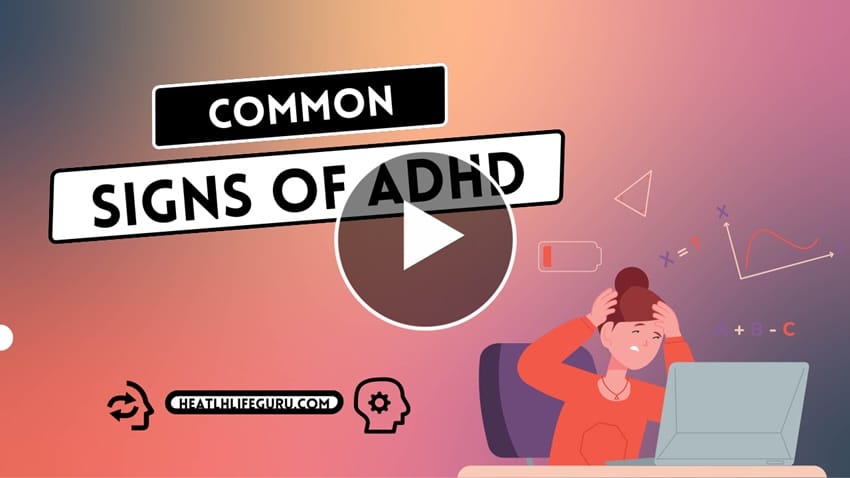In an era where convenience often dictates dietary choices, processed foods have become a staple in many diets. However, the impact of these foods on health is a topic of increasing concern and debate. This article delves into the hidden truths about processed foods, exploring their nutritional content, the presence of chemicals and additives, and their overall impact on physical and mental health. By shedding light on these aspects, it aims to provide a clearer understanding of how these ubiquitous food items might be affecting your health, often in ways not immediately apparent.
Contents
Processed Foods Defined

Processed foods are any food items that have been altered from their natural state, primarily for safety reasons or convenience. But there’s a significant difference between minimally processed foods like frozen vegetables or canned fruits and heavily processed items like snacks and ready-to-eat meals. The latter often contain a long list of ingredients, including preservatives, colorants, and flavor enhancers, which can be hard to decipher. Understanding these differences is crucial in making informed dietary choices.
Heavily processed foods are typically designed for a longer shelf life and convenience, but this often comes at the cost of nutritional quality. These foods can be high in sugars, unhealthy fats, and salt while being low in essential nutrients. As a result, they can be less satisfying nutritionally, leading to overconsumption and a range of health issues. Recognizing what falls into the category of heavily processed foods is the first step toward making healthier food choices.
Nutritional Content And Health Implications

The nutritional content of processed foods is a major concern, especially considering their prevalence in modern diets. Many of these foods are high in calories yet low in essential nutrients, contributing to a range of health problems. For instance, excessive consumption of processed foods can lead to weight gain and obesity, a growing global health crisis. These foods often lack dietary fiber, essential for digestive health, and are loaded with added sugars and unhealthy fats, contributing to heart disease and diabetes.
Moreover, the reliance on processed foods can lead to nutritional deficiencies. Essential vitamins and minerals are often lost during processing, and while some foods are fortified, this doesn’t always compensate for the natural nutrients lost. Regular consumption of these foods can result in deficiencies in essential nutrients like fiber, vitamins, and minerals, impacting overall health. The link between processed foods and chronic diseases is increasingly clear, highlighting the need for a more balanced and nutrient-rich diet.
Chemicals And Additives In Processed Foods

Processed foods often contain a variety of chemicals and additives that can have potential health implications. Preservatives, used to extend shelf life, can disrupt the body’s natural processes. Artificial colorings and flavorings, while making food more appealing, have been linked in some studies to behavioral issues and allergic reactions. Moreover, the long-term effects of many of these additives are still not fully understood, raising concerns about their safety.
Trans fats, commonly found in processed foods, are particularly worrying. These fats have been linked to an increased risk of heart disease and are so concerning that many countries have taken steps to eliminate them from food products. Additionally, processed foods can be high in sodium, which is used as a preservative and flavor enhancer. High sodium intake is associated with an increased risk of hypertension and stroke, further emphasizing the need for caution with processed food consumption.
Impact On Gut Health

The impact of processed foods on gut health is an area of growing research interest. The gut microbiome, a complex community of microorganisms in the digestive system, plays a crucial role in overall health. Processed foods, lacking in fiber and high in sugars and unhealthy fats, can disrupt this delicate ecosystem, leading to gut dysbiosis. This imbalance in the gut microbiota has been linked to a range of health issues, including inflammatory bowel disease, obesity, and even mental health disorders.
A diet high in processed foods can also lead to decreased diversity in the gut microbiome, which is essential for robust digestive health. This reduction in microbial diversity can weaken the gut barrier, potentially leading to increased inflammation and a higher risk of chronic diseases. By contrast, diets rich in whole, unprocessed foods promote a healthy and diverse gut microbiome, underscoring the importance of dietary choices in maintaining gut health.
Processed Foods And Mental Health

The relationship between diet and mental health is an area of increasing scientific interest, with processed foods playing a potentially significant role. Diets high in processed foods have been linked to an increased risk of depression and anxiety. The high sugar content in these foods can lead to fluctuations in blood sugar levels, which can impact mood and energy levels. Additionally, the lack of essential nutrients like omega-3 fatty acids, which are crucial for brain health, can negatively affect mental well-being.
Furthermore, certain additives and preservatives found in processed foods have been associated with behavioral changes and hyperactivity, particularly in children. The brain-gut connection also plays a role here; an unhealthy gut microbiome, influenced by a diet high in processed foods, can contribute to mental health issues. This connection underscores the importance of dietary choices not just for physical health but for mental health as well. As research in this area continues to evolve, the link between processed foods and mental health becomes increasingly apparent.
Economic And Social Factors

The consumption of processed foods is heavily influenced by economic and social factors. Processed foods are often more affordable and accessible than fresh, whole foods, making them a convenient choice for many, especially in low-income communities. This affordability, however, comes at the cost of nutritional quality, perpetuating health disparities. Additionally, the busy lifestyles of many individuals lead to a reliance on quick, convenient food options, which are often heavily processed.
Marketing and advertising also play a significant role in the popularity of processed foods. These foods are often aggressively marketed, with appealing packaging and persuasive advertising, making them particularly attractive to children and young adults. The social aspect of food consumption, influenced by cultural norms and peer behaviors, further drives the consumption of processed foods. Understanding these economic and social factors is crucial in addressing the public health challenges posed by processed foods.
Alternatives And Healthier Choices

Making healthier food choices in a world dominated by processed foods can be challenging but is essential for better health. One key strategy is to focus on whole, unprocessed foods, such as fruits, vegetables, whole grains, and lean proteins. These foods are not only more nutritious but also provide the essential vitamins, minerals, and fiber that the body needs. Reading labels is another important habit; understanding ingredient lists and nutritional information can help in making informed choices and avoiding heavily processed items.
Planning meals and cooking at home can also significantly reduce the consumption of processed foods. Home-cooked meals allow for better control over ingredients and portion sizes. For those with limited time or cooking skills, simple recipes and meal-prepping can be helpful. Additionally, exploring local farmers’ markets and community-supported agriculture (CSA) can provide access to fresh, unprocessed foods while supporting local economies. Making these changes requires effort and commitment but can have a profound impact on health.
The Bottom Line
In navigating the complexities of processed foods, it’s clear that their impact on health is profound and multifaceted. This understanding empowers you to make informed choices. Embrace whole, unprocessed foods and become vigilant about reading labels. Your dietary decisions not only shape your physical and mental well-being but also influence broader public health dynamics. Start making changes today for a healthier tomorrow – your body and mind will thank you.


